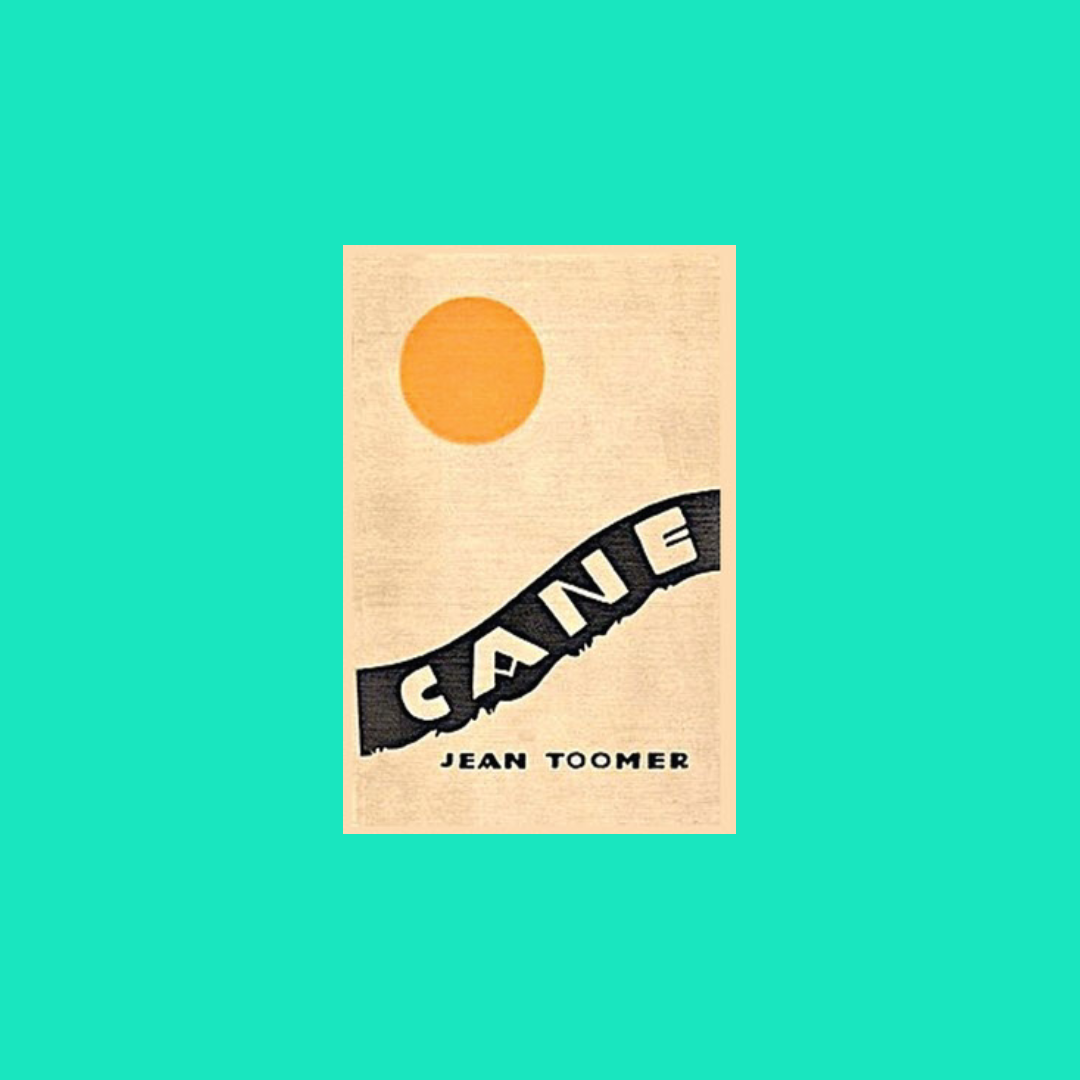APS TOGETHER
Day 5
Cane by Jean Toomer"Theater" to "Calling Jesus"
August 7, 2022 by Sharifa Rhodes-Pitts
At night, road-shows volley songs into the mass-heart of black people.
The road-show invoked here is another emblem of movement that paralleled the start of the Great Migration—the traveling road shows, vestiges of the vaudeville and minstrel circuits, were a crucible in which blues and jazz musics were refined and met the world. Cosmopolitan by definition they carried the new sound north and south and back again: this was the news. The description, "road-shows volley songs into the mass heart of black people" captures this force so deftly.
John’s mind coincides with the shaft of light. Thoughts rush to, and compact about it. Life of the house and of the slowly awakening stage swirls to the body of John, and thrills it. John’s body is separate from the thoughts that pack his mind.
We meet John through this powerful imagery of his mind and body and their duality. Therefore, we meet him already in the midst of struggle, and utterly separate from what surrounds him... he is apart from this "mass-heart" Toomer evoked earlier...
John feels them in the mass. And as if his own body were the mass-heart of a black audience listening to them singing, he wants to stamp his feet and shout. His mind, contained above desires of his body, singles the girls out, and tries to trace origins and plot destinies.
A separate as he seems to be, some part of John wishes to join this "mass-heart" to dance. His mind stops him—contained.
.. jazz, jazz
for all of Toomer's brilliant language, this strikes one like a particular failure of words. Except that it helps to remember that the word jazz was a relatively new coinage when this work was written. The particular context here, the erotic dance of the chorus girls, hews close to its original meaning...
The walls sing and press inward. They press the men and girls, they press John towards a center of physical ecstasy.
The effect of the physical environment on him... pushing him from mind to body... but even in the midst of "physical ecstasy" he struggles against his body.
The song is somewhere where it will not strain the leading lady’s throat. The dance is somewhere where it will not strain the girls. Above the staleness, one dancer throws herself into it.
As a former dancer I especially love this description of a performer's restraint in the midst of rehearsal...
Dorris: Nothin doin? How come? Aint I as good as him? Couldnt I have got an education if I’d wanted one? Dont I know respectable folks, lots of em, in Philadelphia and New York and Chicago? Aint I had men as good as him? Better. Doctors an lawyers. Whats a manager’s brother, anyhow?
Dorris reacts to the admonition warning her away from John as an indictment of her class background, that she is not respectable enough—but maybe what the other dancer is telling her is to avoid his inert personality.
Touch her, I mean. To herself—in some room perhaps. Some cheap, dingy bedroom. Hell no. Cant be done. But the point is, brother John, it can be done. Get her to herself somewhere, anywhere.
This interior monologue recalls that of Bob Stone from "Blood Burning Moon," both men wrestle with the expectations and possibilities to wield sexual power through toxic morass of class and caste.
Dorris, flushed, looks quick at John. His whole face is in shadow. She seeks for her dance in it. She finds it a dead thing in the shadow which is his dream.
Dorris may be the first woman we meet in Cane who wants something... she wants to communicate, she uses the instrument of her body as a means of transcendence. The expression of her will through dance, is directly opposite to John's suppression of his body.
And her eyes carry to where builders find no need for vestibules, for swinging on iron hinges, storm doors.
The architecture is such a deft invocation of geography. As soons as we encounter that space, we know where we are—the North. Location is telegraphed by the first mention of the vestibule and storm door.
carry it to her where she sleeps: cradled in dream-fluted cane.
A migrant's longing
